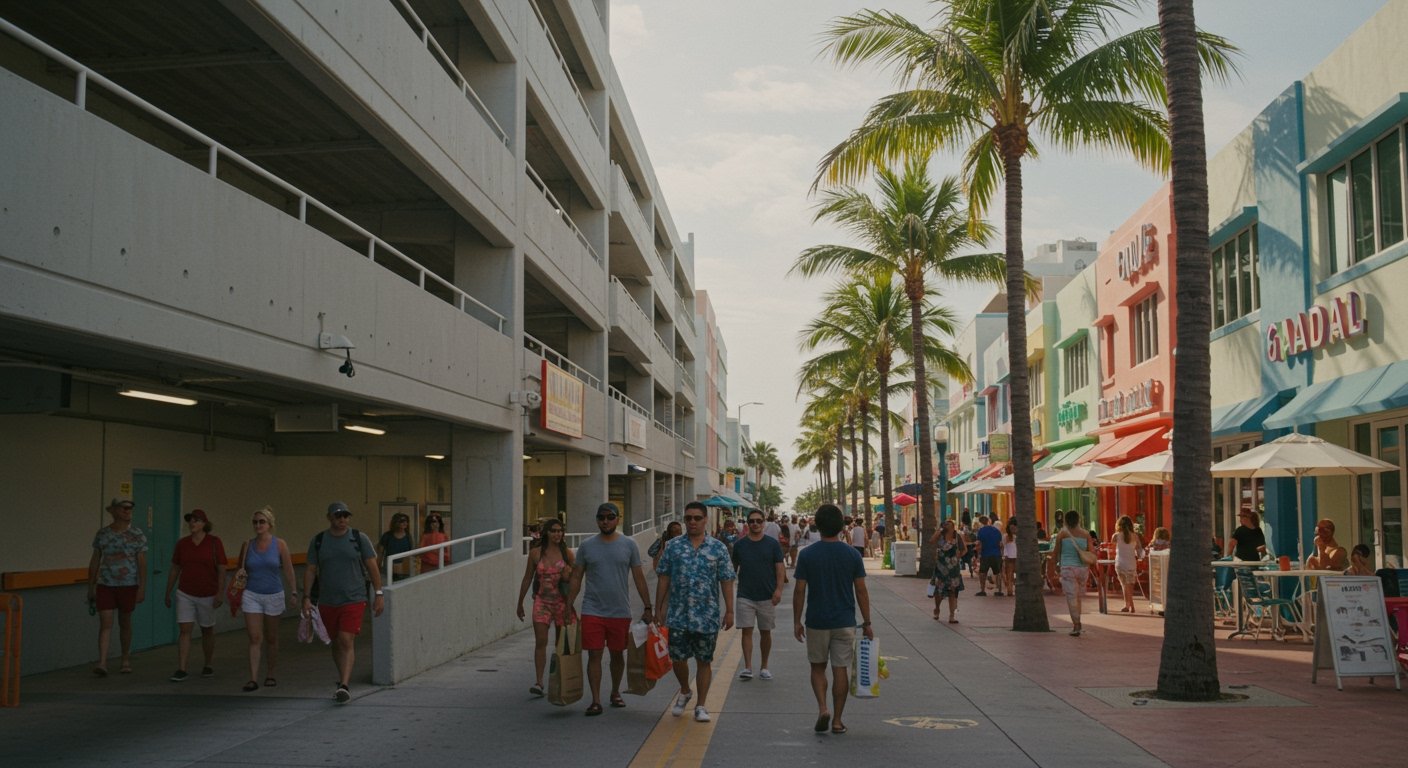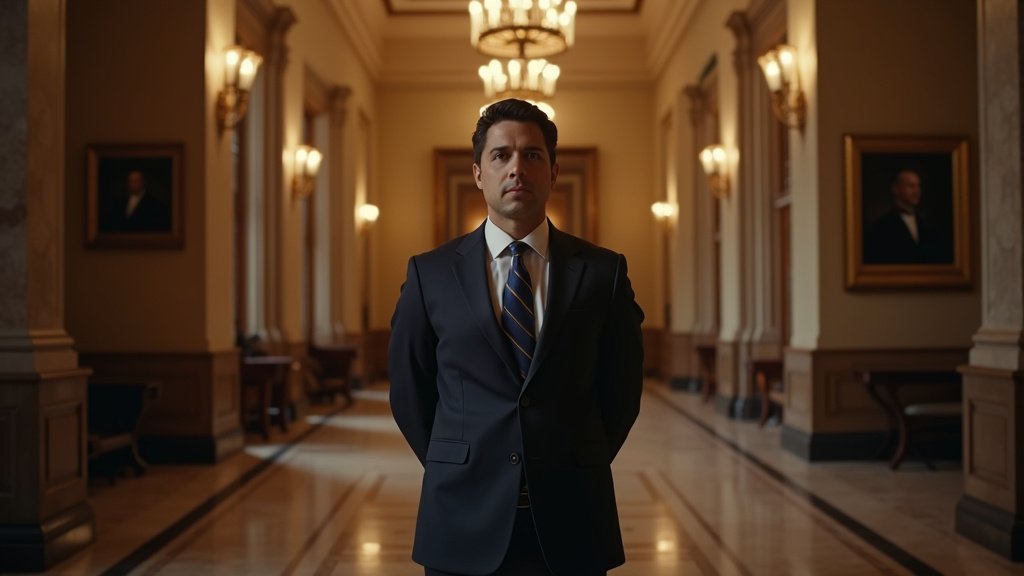Miami Beach, FL – In a significant move aimed at enhancing accessibility and stimulating local commerce, the City of Miami Beach has announced a substantial reduction in parking rates for the summer of 2025. Under a new initiative, parking at select city-operated garages and lots will be available for just $1 per hour.
Dubbed by city officials as one of the most attractive parking deals in years, this program seeks to lower the barrier for both residents and visitors wishing to enjoy the city’s renowned beachfront, restaurants, and shops during the peak summer months. The initiative is designed to strategically redirect parking behavior and provide tangible support to the local business community.
Understanding the Initiative
The core of the newly unveiled program is the dramatic reduction of hourly parking fees to a flat rate of $1. This rate applies specifically to designated city-operated parking garages and lots, details of which are expected to be widely publicized closer to the Summer 2025 commencement. The reduced rate is not unlimited; it is capped at fifteen (15) sessions per account, a measure likely intended to manage demand and ensure broad participation while preventing potential commercial exploitation.
The focus on select city-operated locations is deliberate, guiding parkers towards structured parking facilities rather than potentially exacerbating congestion on residential streets. This targeted approach is central to the city’s multi-faceted goals for the program.
Objectives and Expected Impact
City Commissioner Emily Fernandez elaborated on the strategic thinking behind the initiative during a recent announcement. According to Commissioner Fernandez, the program has several key objectives. Foremost among these is the intent to reduce vehicular congestion within residential areas of Miami Beach. By offering an extremely attractive rate in off-street facilities, the city hopes to disincentivize street parking in neighborhoods, improving quality of life for residents.
A related goal is to actively encourage visitors and residents alike to utilize the city’s parking garages and lots. These facilities often have available capacity and are designed to handle higher volumes of traffic efficiently. Shifting parking demand to these locations is expected to streamline traffic flow and reduce the time spent searching for parking.
Furthermore, Commissioner Fernandez highlighted the economic support aspect of the program. Lower parking costs are anticipated to encourage visitors to stay longer, spend more time exploring, and ultimately increase patronage at local restaurants and shops during the summer period. This direct support for local businesses, particularly small enterprises, is a critical component of the city’s economic development strategy.
Local Perspectives
The announcement has been met with optimism from parts of the local community. Ana Ruiz, a local small business owner, shared her positive view on the initiative. Ms. Ruiz sees the reduced rates as a clear indication that the city government is responsive to the concerns and needs of its residents and the local business ecosystem.
“Affordable parking has been a persistent challenge in Miami Beach, impacting how easily people can access our businesses,” commented Ruiz. “This $1 per hour rate for the summer is a significant relief and shows the city is listening. It makes it easier for customers to visit, which is crucial for businesses like mine, especially during the competitive summer season. It feels like a positive step towards making the city more accessible and supportive of its economic base.”
This sentiment underscores the program’s potential to act as a catalyst for increased economic activity by removing one of the common disincentives for visiting the beachfront areas.
Context and Significance
Framed as “one of the most attractive parking deals in years,” the $1 per hour rate stands in stark contrast to typical parking costs in a popular, high-density tourist destination like Miami Beach, where hourly rates can often be several times higher. This dramatic reduction signifies a substantial investment by the city in enhancing public access and supporting its economic pillars.
The selection of the Summer 2025 timeframe is likely strategic, targeting a period of high visitation where traffic and parking demand are typically elevated. By implementing the program during this time, the city aims to achieve maximum impact on congestion reduction and business support when it is arguably needed most.
Conclusion
The Miami Beach $1 hourly parking initiative for Summer 2025 represents a bold strategy to tackle persistent urban challenges through economic incentives. By making parking significantly more affordable at select city facilities, the city government, led by efforts highlighted by Commissioner Emily Fernandez, aims to alleviate residential congestion, optimize the use of its parking infrastructure, and provide a vital boost to local restaurants and shops. The positive early reaction from figures like small business owner Ana Ruiz suggests that the program is resonating with the community’s desire for greater accessibility and governmental responsiveness, setting the stage for a summer season potentially marked by easier access and revitalized local commerce.





